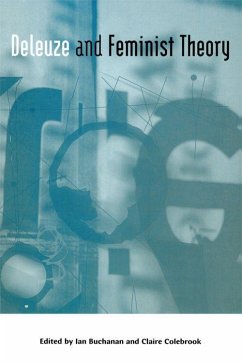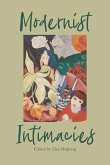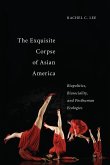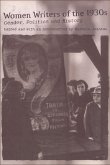Ever since Deleuze and Guattari provocatively declared that all becoming must go by way of a 'becoming-woman', their work has been the subject of intense feminist interrogation. This book highlights the key points of this ongoing inquiry, focusing particularly on the implications of Deleuze's work for a specifically feminist philosophy. It brings together the work of some of Deleuze's finest commentators and today's most important feminist thinkers, including new work by Elizabeth Grosz, Rosi Braidotti, and Dorothea Olkowski. With chapters on film, the colonial imaginary, desire and embodiment, this book is the first sustained examination of the impact of Deleuze on feminist thought.
Bitte wählen Sie Ihr Anliegen aus.
Rechnungen
Retourenschein anfordern
Bestellstatus
Storno








